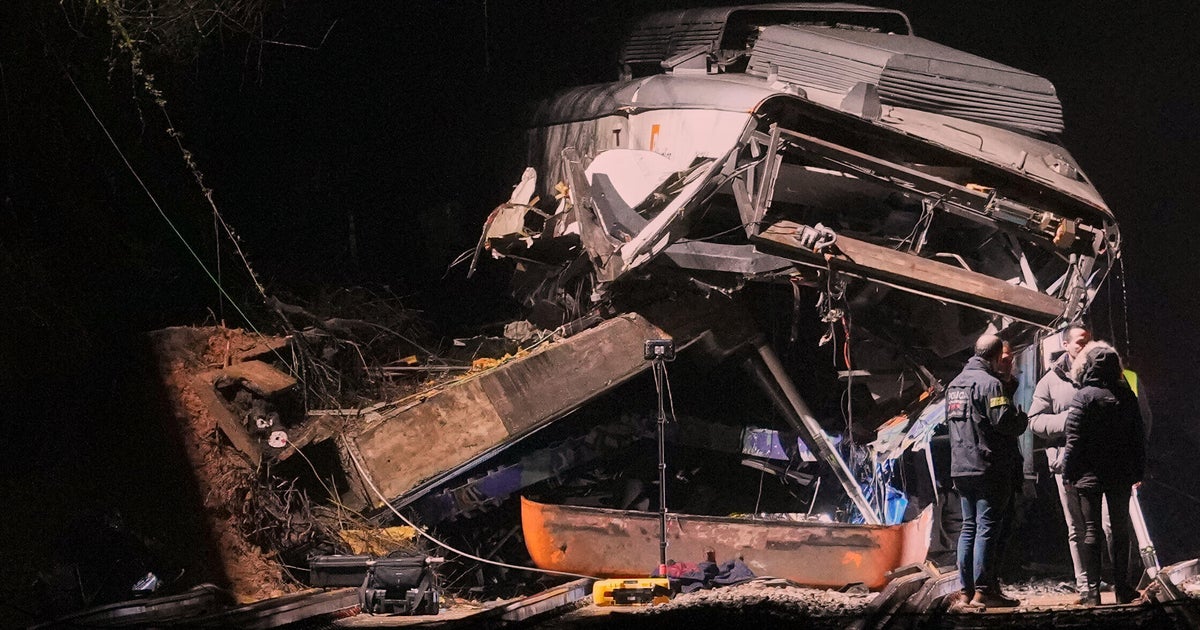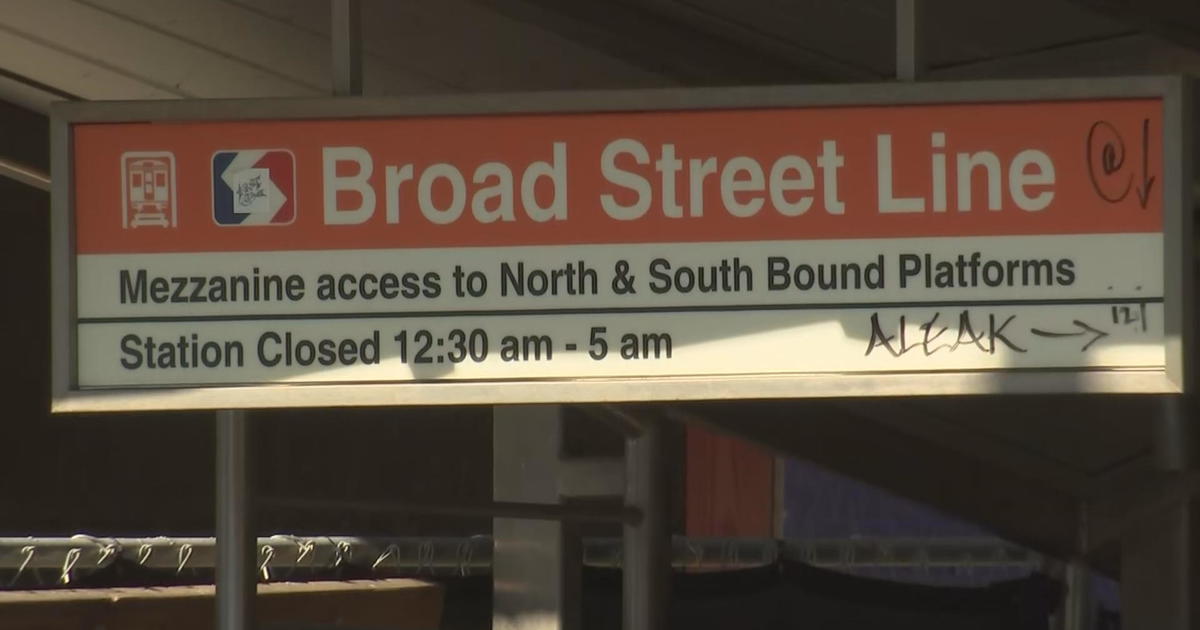Ohio train derailment contaminated at least 15,000 pounds of soil and 1.1 million gallons of water, Norfolk Southern says
Norfolk Southern, the railway company in charge of the 151-car train that derailed in Ohio, said on Monday that thousands of pounds of soil and water have been removed from the site of the crash due to "substantial contamination."
The update comes more than two weeks after the train derailed in East Palestine, causing significant concern about the hazardous materials that were on board. The 38 derailed train cars were carrying substances including vinyl chloride, butyl acrylate, ethylene glycol monobutyl ether, ethylhexyl acrylate and isobutylene – all materials that are widely considered to be toxic and that could have damaging effects to both humans and the environment.
On Monday, Norfolk Southern said that 15,000 pounds of soil and 1.1 million gallons of water have been removed from the area because of contamination. In their press release, the company did not specify which of the hazardous materials were found in the water and soil.
"The material will be transported to landfills and disposal facilities that are designed to accept it safely in accordance with state and federal regulations," the company said.
The "majority" of the rail cars that were carrying the hazardous materials have been decontaminated, but remain on-site while the National Transportation Safety Board is investigating the incident, Norfolk Southern said. When the investigation is over, "the cars will be scrapped and moved off-site for disposal," the company added.
While officials have said that municipal drinking water is safe for consumption and that they haven't found any indication the air in the area is unsafe, many locals remain concerned about the conditions.
The incident's impact on the local environment, which includes waterways that lead into the Ohio River, also remains under scrutiny.
Norfolk Southern said the company is attempting to block off the portions of local waterways that have been impacted by the chemicals. Nearby waterway Sulphur Run is one of those areas, with officials saying last week that it was contaminated, but that they were "confident that it is contained."
Now, the rail company said, responders have placed "a series of pumps" to try to "reroute Sulphur Run around the derailment site." With the contaminated area of Sulphur Run dammed, the company added that environmental teams are using "booms, aeration and carbon filtration units" to treat the water, as well.
"The affected portion of Sulphur Run has been dammed to protect water downstream," Norfolk Southern said. "...Those teams are also working with stream experts to collect soil and groundwater samples to develop a comprehensive plan to address any contamination that remains in the stream banks and sediment."
According to the Ohio EPA, Sulphur Run was the body of water so far most impacted by the derailment because of an "impoundment" on Feb. 8 when the water was rerouted with the damming and pumps. Other local waterways had "low levels" of some contaminants, but at this time do not appear to be of major concern to environmental teams.







